We carried out a survey this summer for the Smart & Clean partnership project, compiling the spearhead projects of the Helsinki Capital Region and the expectations of various parties. The results of the survey (in Finnish only) are an indication of all the parties’ strong commitment to co-operation. A total of 163 interviews were conducted, with a response rate of 70 per cent. The respondents comprise representatives of the region’s cleantech businesses and cities, as well as central government, organisations and the R&D&I sector.
Based on the survey results, the respondents are steadfast in their support for all the key goals of the reference area:
- 87 per cent agreed that Finland needs a reference area in which businesses can develop and showcase their cleantech solutions;
- 86 per cent agreed that the Helsinki Capital Region acts as a shop window for displaying Finland to other countries;
- 91 per cent thought that an ambitious Smart & Clean goal that raises international interest should be set for the capital region;
- over 90 per cent of the respondents thought that showcasing the Smart & Clean development work carried out in the capital region would help increase the region’s attractiveness to international investors and boost the export of Finnish companies’ cleantech solutions.
As indicated by the responses, the project has two dimensions: the operational side and related development activities, and showcasing what has been done so far and will be done in the future.
A great number of Smart & Clean projects related to energy, transport and waste management are under way now, or soon will be, in the Helsinki Capital Region. There are expectations for creating an impact and increasing global attractiveness attached to these projects.
But there is also a problem. The existing cleantech projects are not widely known – not even among the survey respondents, even though they are all involved in the cleantech business in one way or another. Based on spontaneous responses, the best-known individual spearhead project was the Kalasatama District, but even that was only named by 14 per cent of the respondents.
The positive side is the large number of ongoing projects. Their attractiveness could be increased by putting communications and marketing under one common umbrella.
Of course, the vision is that in the future new and innovative projects will be launched in greater numbers and at a faster pace. Based on the responses, the key work in progress includes the promotion of distributed energy production, energy reserves and smart grids, the energy efficiency of buildings, intelligent street lighting, the resource efficiency of waste management and waste water treatment, Mobility as a Service (MaaS), and electric means of transport.
The survey was also used to map the respondents’ views on what is hindering the development of cleantech spearhead projects and what might be done to remove the obstacles.
Overall, the respondents felt that too stringent licensing requirements and interpretations of the Act on Public Contracts delay decision-making. The respondents representing cities felt that limited resources are hindering cleantech development. The biggest concern that businesses had was excessive bureaucracy, which they felt is a major challenge.
Finding the solutions is always easier when there is a strong common vision. According to the survey respondents, removing the obstacles requires, for example, developing the operating practices of cities and businesses co-operating with each other. In fact, one of the key words of the Smart & Clean partnership project is “co-operation”, which all the project parties feel is a core element. As one of the representatives of the cities summarised in their interview: “The aim should be to have greater innovativeness and fewer bureaucratic meeting procedures”.
Further information on the survey results (in Finnish):
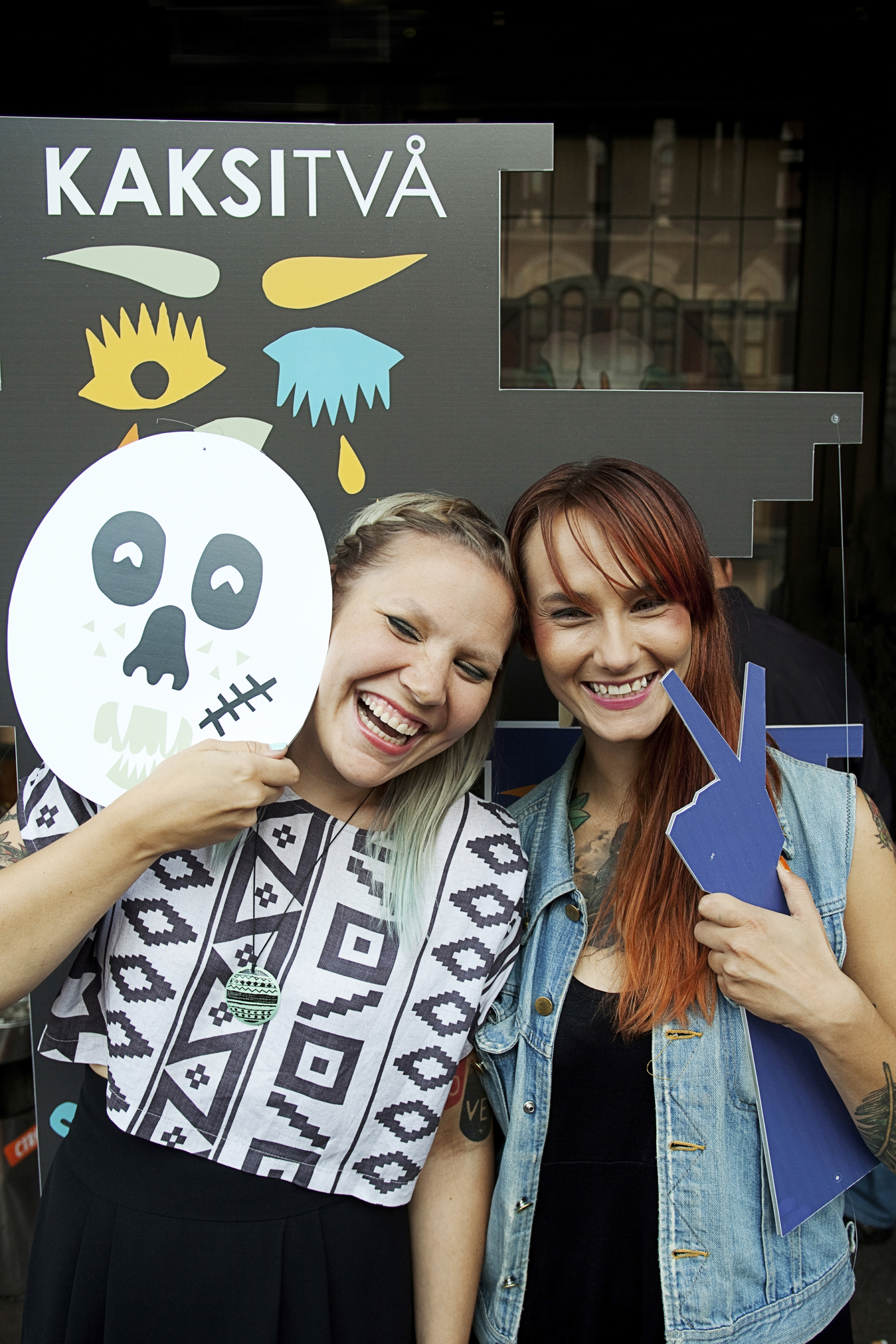
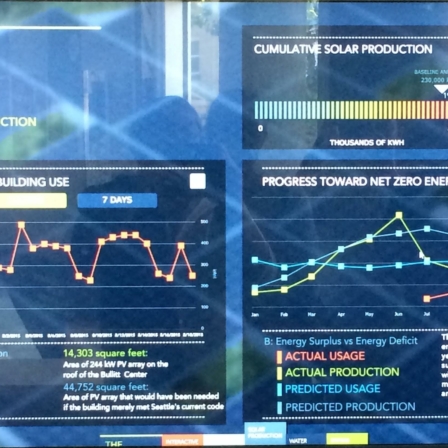
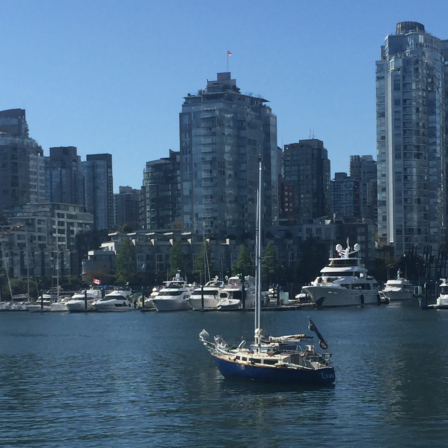
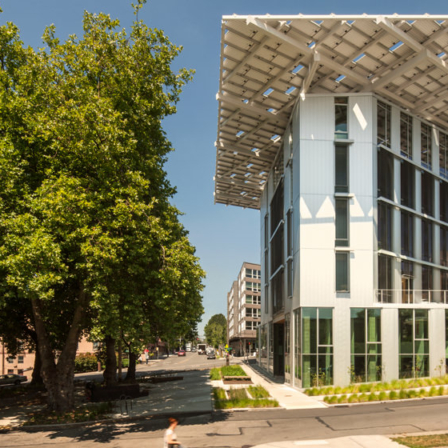
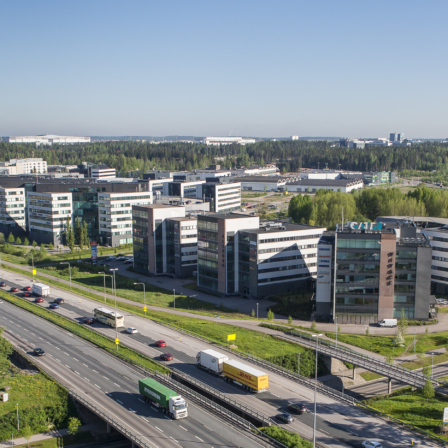
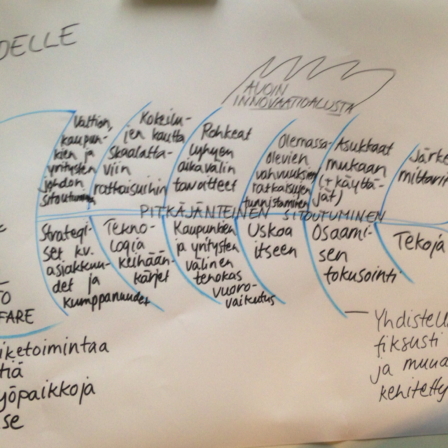
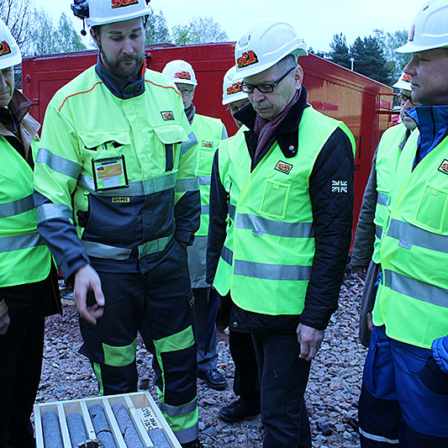
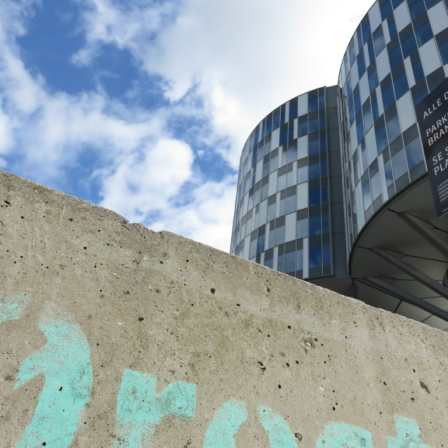
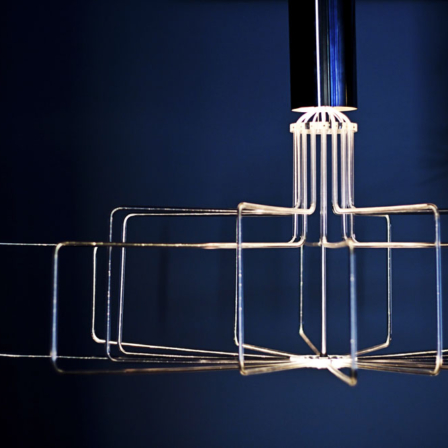
Recommended